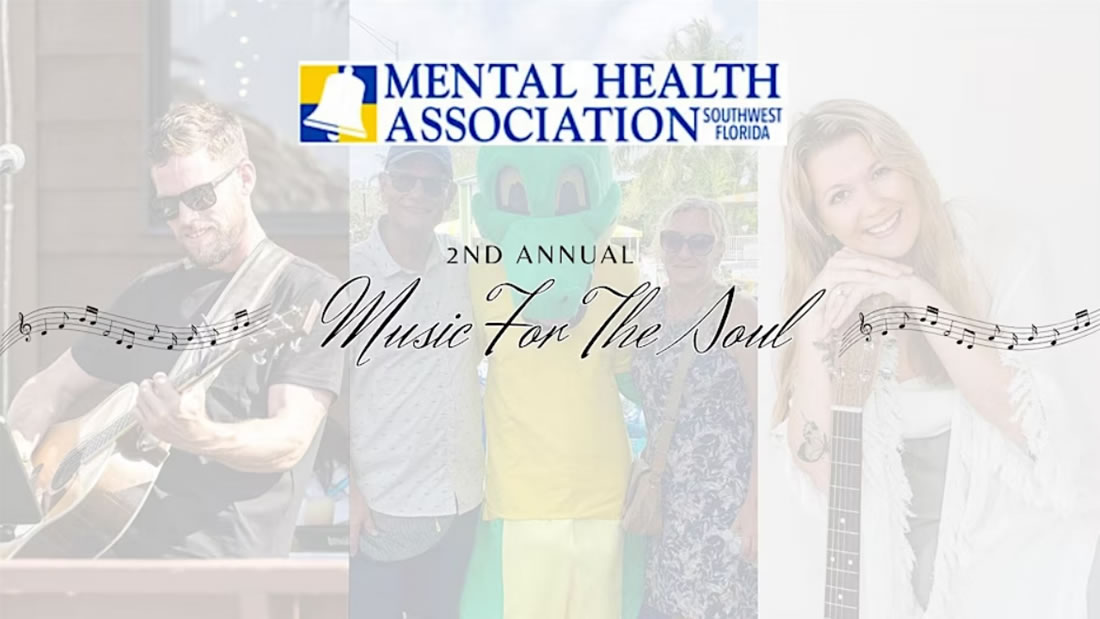Conduct disorder is a repetitive and persistent pattern of behavior in children and adolescents in which the rights of others or basic social rules are violated. The child or adolescent usually exhibits these behavior patterns in a variety of settings—at home, at school, and in social situations—and they cause significant impairment in his or her social, academic, and family functioning.
What are the signs and symptoms of Conduct Disorder?
- – Aggressive behavior that causes or threatens harm to other people or animals, such as bullying or intimidating others, often initiating physical fights, or being physically cruel to animals.
- – Non-aggressive conduct that causes property loss or damage, such as fire-setting or the deliberate destruction of others’ property.
- – Deceitfulness or theft, such as breaking into someone’s house or car, or lying or “conning” others.
- – Serious rule violations, such as staying out at night when prohibited, running away from home overnight, or often being truant from school.
Many youth with conduct disorder may have trouble feeling and expressing empathy or remorse and reading social cues. These youth often misinterpret the actions of others as being hostile or aggressive and respond by escalating the situation into conflict. Conduct disorder may also be associated with other difficulties such as substance use, risk-taking behavior, school problems, and physical injury from accidents or fights.
